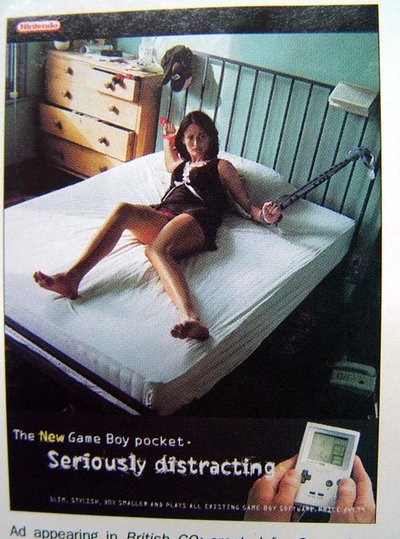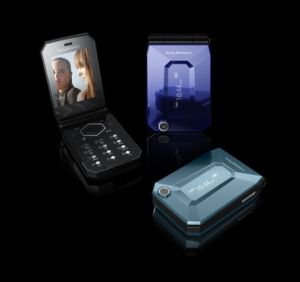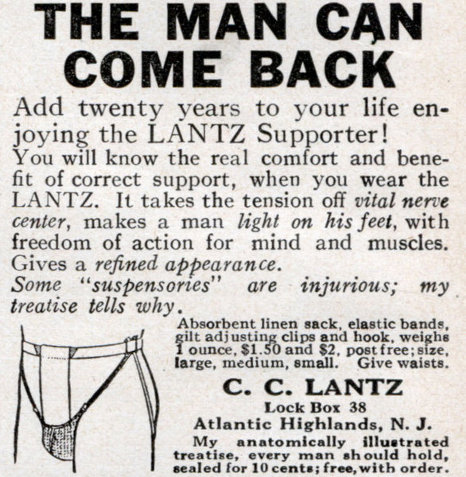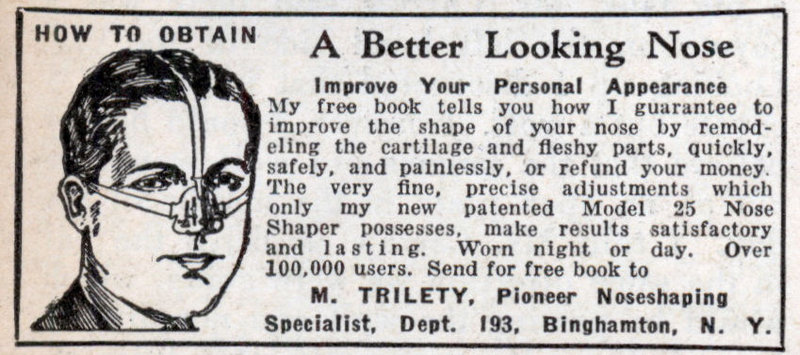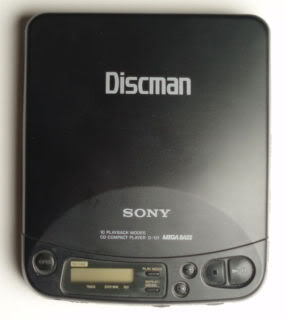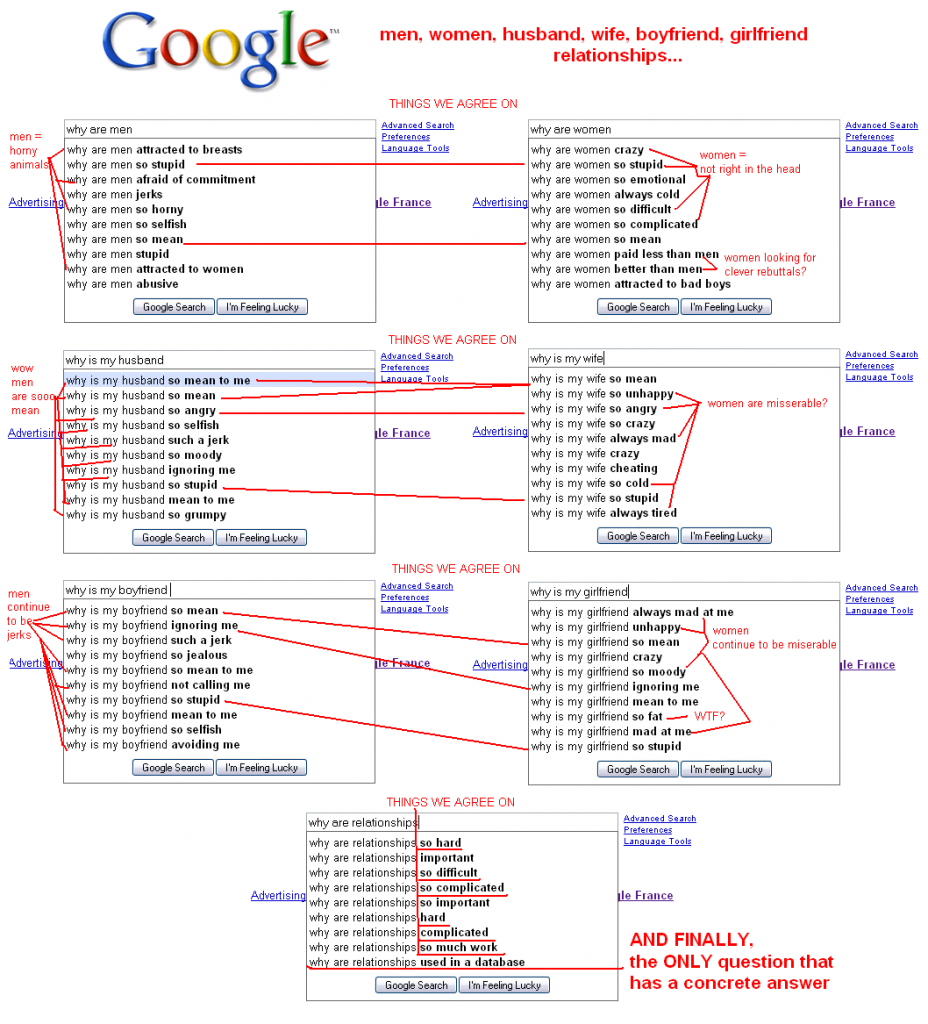Time magazine offers readers a history of the bikini in which they offer these two interesting tidbits:
First, the two piece bathing suit was, in part, justified/necessitated by war rationing during World War II. There simply wasn’t enough money to buy all that fabric.
Second, the bikini got it’s name from the oooh and awe resulting from a nuclear test at Bikini Atoll. Louis Réard, to whom the invention of the bikini is credited, followed the nuclear-loving fashion of the day. He named it after the location, hoping that “his invention would be as explosive as that test…”
Lisa Wade, PhD is an Associate Professor at Tulane University. She is the author of American Hookup, a book about college sexual culture; a textbook about gender; and a forthcoming introductory text: Terrible Magnificent Sociology. You can follow her on Twitter and Instagram.

